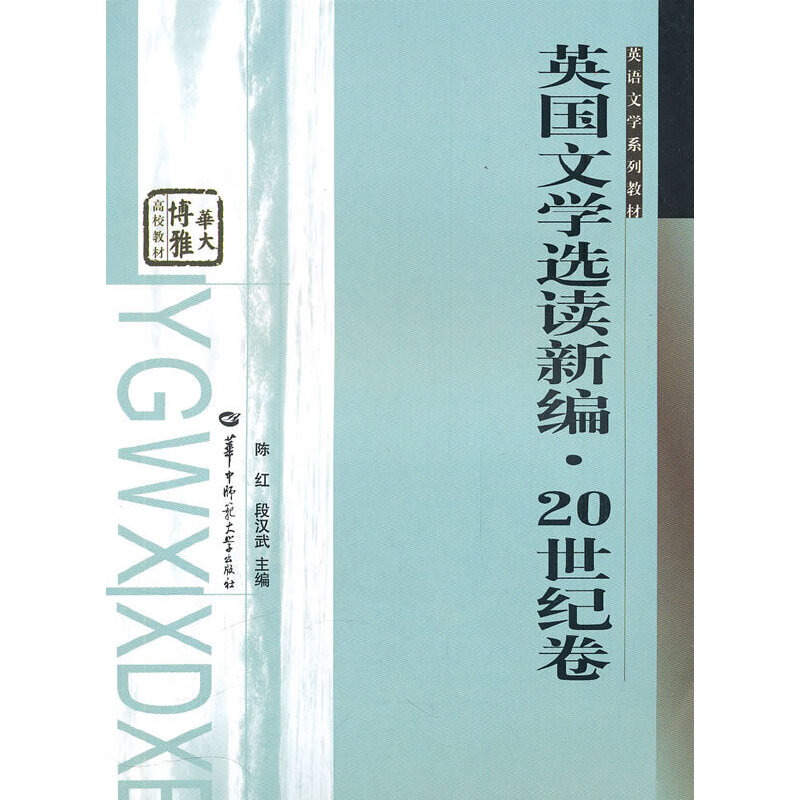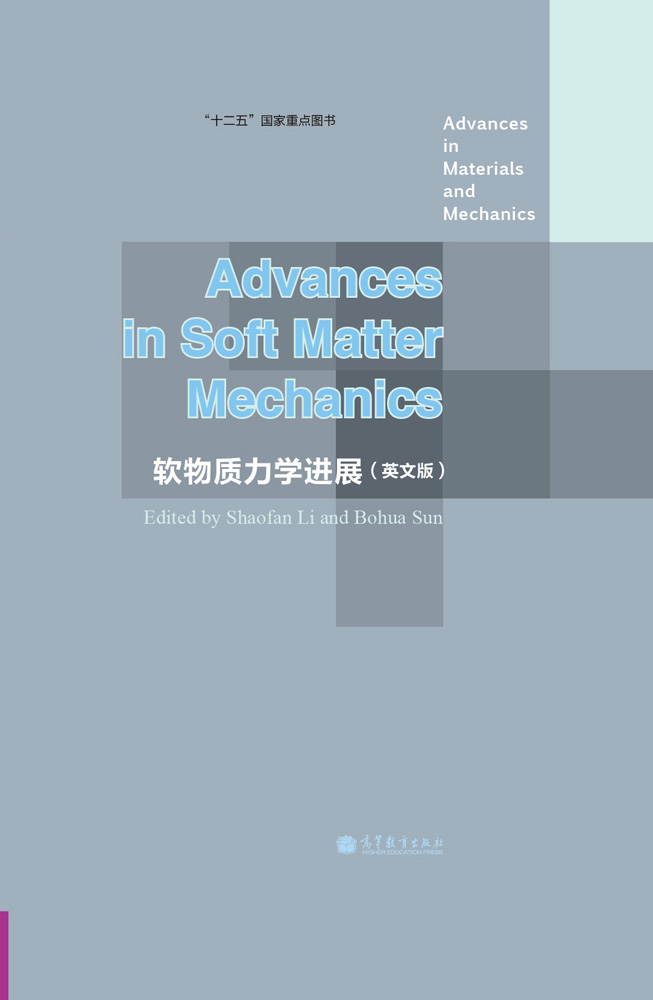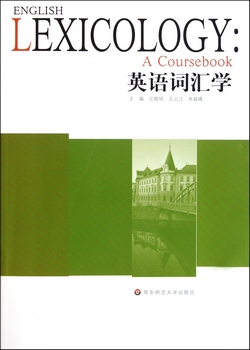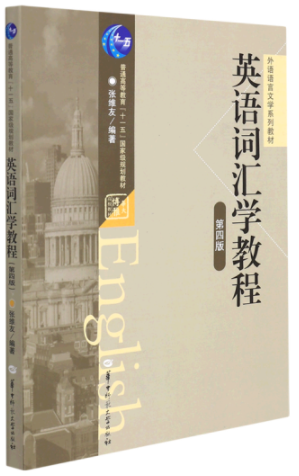西方文化入门 / 优秀校本教材
定价:¥38.00
作者: 孟凡胜
出版时间:2011-09
出版社:山东人民出版社
- 山东人民出版社
- 9787209058551
- 1-1
- 66628
- 43157450-8
- 平装
- 16开
- 2011-09
- 340
- 320
- G11
- 文学
内容简介
邢驰鸿主编的《西方文化入门》是遵循着西方文化现象出现的先后顺序来编纂的,这样学生在学到西方人文知识的同时,也对西方历史的发展有一个大体的了解。《西方文化入门》通过对古希腊文化、古罗马文化、基督教文化、中世纪文化和西方近现代文化的系统介绍,使学生了解西方文化史中的一些重大事件和重要人物,认识不同时代的时代精神和基本文化面貌,并且对西方文化各主要构成部分之间的动态关系、各自特色和相互联系有所了解,为全面提升学生们的文化素养奠定必要的知识基础。所以说,探索西方文化的意义不仅在于认识它的起源、内涵与特质,也不仅在于唤起一种文化忧患意识,而且在于培养一种公民意识、现代意识。
目录
君子务本。本立而道生——《临沂大学优秀校本教材》总序
前言
Chapter 1 Greek Culture
Introduction
story of Ancient Greece
1.1 Age of Aegean Civilization(c.3000-1000BC)
1.2 Dark Age/Homeric Age/Heroic Age(1100-750BC)
1.3 Age of City-States
1.4 Classical Age(500-323BC)
1.5 Hellenistic Age(336-146BC)
lture of Ancient Greece
2.1 Greek Poetry
2.2 Greek Drama
2.3 Historiography
2.4 Greek Mythology
2.5 Greek Philosophy
2.6 Greek Arts and Architecture
2.7 Greek Science
2.8 Greek Religion
2.9 Olympics
nclusion
Chapter 2 Roman Culture
Introduction
story of Rome
1.1 Founding of Rome
1.2 The Roman Republie(509-264BC)
1.3 Roman Empire(27BC-476AD)
1.4 Eastern Roman Empire(395-1453)
man Culture
2.1 Latin
2.2 Roman Law
2.3 Roman Literature
2.4 Art
mans and Greeks
3.1 Greco-Roman Relations
3.2 Comparisons between the Ancient Greeks and Romans
nclusion
Chapter 3 Christian Culture
Introduction
e Bible
e Old Testament
2.1 The Pentateuch
2.2 Historical Books
2.3 The Poetical Books
2.4 The Prophets
e New Testament
3.1 The New Testament
3.2 Jesus Christ
3.3 Peter
3.4 Paul
anslation of The Bible
tholic Church and Orthodox Church
5.1 Catholic Church
5.2 Orthodox Church
nclusion
Chapter 4 Medieval Culture
Introduction
e Middle Ages
e Early Middle Ages(c.350"-c.1050)
2.1 Breakdown of Roman Society
2.2 Church and Monasticism
2.3 Carolingians
2.4 The Holy Roman Empire
e High Middle Ages(c.1050-c.1300)
3.1 The Norman Conquest
3.2 The Crusades
3.3 The Rise of Kingdoms
e Late Middle Ages(c.1300---c.1450)
4.1 Starvation and the Black Death
4.2 The Hundred Years' War
4.3 The Decline of the Papacy
dieval Culture
5.1 Learning and Science
5.2 Medieval Literature
5.3 Art and Architecture
nclusion
Chapter 5 Culture in the Renaissance
Introduction
aissance in Italy
1.1 Background
1.2 Humanism
1.3 Literature
1.4 Art
aissance in Other Countries
2.1 Renaissance in France
2.2 Renaissance in Spain
2.3 Renaissance in the North
2.4 Renaissance in Germany
2.5 Renaissance in England
3 Science in the Renaissance
formation
4.1 Background of Reformation
4.2 Martin Luther and Lutheranism
4.3 John Calvin and Calvinism
4.4 Reformation in England
4.5 Influence of the Re{ormation
Chapter 6 Culture in the 17th Century
Introduction
ience in the 17th Century
1.1 Nicolaus Copernicus(1473-1543)
1.2 Johannes Kepler(1571-1630)
1.3 Galileo Galilei
1.4 Sir Isaac Newton(1642-1727)
1.5 Gottfried Wilhelm yon Leibniz(1646-1716)
2 Philosophy, Politics and Literature in England
2.1 Sir Francis Bacon(1561-1626)
2.2 Thomas Hobbes(1588-1679)
2.3 John Locke(1632-1704)
2.4 The English Revolution and John Milton
ilosophy and Literature in France
3.1 Rene Descartes(1596-1650)
3.2 French Classicism
t
4.1 Baroque Art
4.2 Dutch Protestant Art
4.3 Art and Architecture in France
Chapter 7 Culture in the Enlightenment
Introduction
ench Philosophy and Literature in the Enlightenment
1.1 Charles de Montesquieu(1689-1755)
1.2 Voltaire(1694-1778)
1.3 Jean Jacques Rousseau(1712-1778)
1.4 Denis Diderot(1713-1784)
glish Literature in the Enlightenment
2.1 Alexander Pope(1688-1744)
2.2 Daniel Defoe(1660-1731)
2.3 Jonathan Swift(1667-1745)
2.4 Henry Fielding(1707-1754)
2.5 Samuel Richardson( 1689-1761 )
rmany Literature in the Enlightenment
3.1 Gotthold Ephraim Lessing(1729-1781)
3.2 Wolfgang von Goethe(1749-1832)
3.3 Johann Christoph Friedrich yon Schiller(1759-1805)
3.4 Immanuel Kant(1724-1804)
t and Music in the Enlightenment
4.1 Art in the Enlightenment
4.2 Music in the Enlightenment
nclusion
Chapter 8 Romanticism
Introduction
前言
Chapter 1 Greek Culture
Introduction
story of Ancient Greece
1.1 Age of Aegean Civilization(c.3000-1000BC)
1.2 Dark Age/Homeric Age/Heroic Age(1100-750BC)
1.3 Age of City-States
1.4 Classical Age(500-323BC)
1.5 Hellenistic Age(336-146BC)
lture of Ancient Greece
2.1 Greek Poetry
2.2 Greek Drama
2.3 Historiography
2.4 Greek Mythology
2.5 Greek Philosophy
2.6 Greek Arts and Architecture
2.7 Greek Science
2.8 Greek Religion
2.9 Olympics
nclusion
Chapter 2 Roman Culture
Introduction
story of Rome
1.1 Founding of Rome
1.2 The Roman Republie(509-264BC)
1.3 Roman Empire(27BC-476AD)
1.4 Eastern Roman Empire(395-1453)
man Culture
2.1 Latin
2.2 Roman Law
2.3 Roman Literature
2.4 Art
mans and Greeks
3.1 Greco-Roman Relations
3.2 Comparisons between the Ancient Greeks and Romans
nclusion
Chapter 3 Christian Culture
Introduction
e Bible
e Old Testament
2.1 The Pentateuch
2.2 Historical Books
2.3 The Poetical Books
2.4 The Prophets
e New Testament
3.1 The New Testament
3.2 Jesus Christ
3.3 Peter
3.4 Paul
anslation of The Bible
tholic Church and Orthodox Church
5.1 Catholic Church
5.2 Orthodox Church
nclusion
Chapter 4 Medieval Culture
Introduction
e Middle Ages
e Early Middle Ages(c.350"-c.1050)
2.1 Breakdown of Roman Society
2.2 Church and Monasticism
2.3 Carolingians
2.4 The Holy Roman Empire
e High Middle Ages(c.1050-c.1300)
3.1 The Norman Conquest
3.2 The Crusades
3.3 The Rise of Kingdoms
e Late Middle Ages(c.1300---c.1450)
4.1 Starvation and the Black Death
4.2 The Hundred Years' War
4.3 The Decline of the Papacy
dieval Culture
5.1 Learning and Science
5.2 Medieval Literature
5.3 Art and Architecture
nclusion
Chapter 5 Culture in the Renaissance
Introduction
aissance in Italy
1.1 Background
1.2 Humanism
1.3 Literature
1.4 Art
aissance in Other Countries
2.1 Renaissance in France
2.2 Renaissance in Spain
2.3 Renaissance in the North
2.4 Renaissance in Germany
2.5 Renaissance in England
3 Science in the Renaissance
formation
4.1 Background of Reformation
4.2 Martin Luther and Lutheranism
4.3 John Calvin and Calvinism
4.4 Reformation in England
4.5 Influence of the Re{ormation
Chapter 6 Culture in the 17th Century
Introduction
ience in the 17th Century
1.1 Nicolaus Copernicus(1473-1543)
1.2 Johannes Kepler(1571-1630)
1.3 Galileo Galilei
1.4 Sir Isaac Newton(1642-1727)
1.5 Gottfried Wilhelm yon Leibniz(1646-1716)
2 Philosophy, Politics and Literature in England
2.1 Sir Francis Bacon(1561-1626)
2.2 Thomas Hobbes(1588-1679)
2.3 John Locke(1632-1704)
2.4 The English Revolution and John Milton
ilosophy and Literature in France
3.1 Rene Descartes(1596-1650)
3.2 French Classicism
t
4.1 Baroque Art
4.2 Dutch Protestant Art
4.3 Art and Architecture in France
Chapter 7 Culture in the Enlightenment
Introduction
ench Philosophy and Literature in the Enlightenment
1.1 Charles de Montesquieu(1689-1755)
1.2 Voltaire(1694-1778)
1.3 Jean Jacques Rousseau(1712-1778)
1.4 Denis Diderot(1713-1784)
glish Literature in the Enlightenment
2.1 Alexander Pope(1688-1744)
2.2 Daniel Defoe(1660-1731)
2.3 Jonathan Swift(1667-1745)
2.4 Henry Fielding(1707-1754)
2.5 Samuel Richardson( 1689-1761 )
rmany Literature in the Enlightenment
3.1 Gotthold Ephraim Lessing(1729-1781)
3.2 Wolfgang von Goethe(1749-1832)
3.3 Johann Christoph Friedrich yon Schiller(1759-1805)
3.4 Immanuel Kant(1724-1804)
t and Music in the Enlightenment
4.1 Art in the Enlightenment
4.2 Music in the Enlightenment
nclusion
Chapter 8 Romanticism
Introduction








